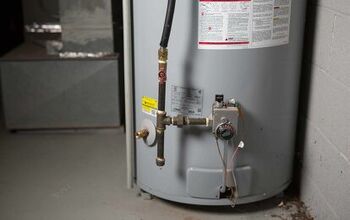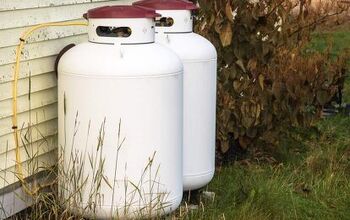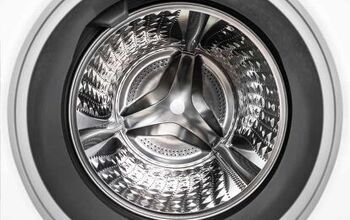Can You Put Glass In The Freezer? (Find Out Now!)

Glass can be a sensitive material- both in handling and in temperature extremes. While putting glass in the freezer seems like a no-brainer, there are a few things to consider.
You can put tempered or borosilicate glass in the freezer if it is initially at room temperature. Avoid placing extremely hot items inside, as this dramatic climate shift can cause thermal shock and shattering. After breaking glass in the freezer, dispose of all remnants due to microscopic shards that may be in your food.
Plastic is a more crack-proof option, although freezing temperatures can cause unwanted toxin runoff into your stored meal.
This article will cover whether or not it’s safe to put glass in the freezer, the best way to store it, and if plastic is a more durable alternative!
Is It Safe to Put Glass in the Freezer?
Generally, glass is safe to use in the oven, but what about the freezer?
It’s safe to put glass in the freezer, as long as the container or components aren’t too hot. Severe temperature shifts done too quickly can cause micro expansion and mini cracks and result in the glass shattering.
It’s particularly important to leave room in your glass container for a little bit of expansion and also to leave the lid off. You want to give your food or beverage room to expand in order to preserve the glass holder.
Thermal shock, or shattering, can occur for a few different reasons. These causes include:
- Attempting to freeze a hot item or warm glass container before it cools down
- Filling the glass container to the brim
- Putting the lid on before the components are frozen
- Freezing containers that aren’t made of a freezer-friendly type of glass
- Trying to freeze a disproportionate glass item (like a beer bottle)
If the glass you’re trying to freeze is oddly shaped, it may put too much pressure on the more narrow parts of the item and result in cracking.
The Best Way to Store Glass in the Freezer
There are a few best practices when it comes to putting glass in the freezer.
The safest way to freeze glass is to:
- Make sure the glass you’re using is tempered or borosilicate glass (if you aren’t sure, it’s better not to freeze it).
- Wait until the components in the glass container have cooled completely to prevent thermal shock.
- Fill the glass container up only 75% of the way to leave room for air bubbles and expansion.
- Leave the lid off until your meal is completely frozen.
- Ensure the glass containers are proportionate.
Following these simple rules will keep your food safe and your freezer glass debris-free!
Can Glass Break in the Freezer?
Glass can absolutely break in the freezer. Why does this happen?
The wrong type of glass for freezing (like non-tempered, for example) contains very small, invisible to the naked eye, air bubbles. These tiny pockets of air contract when the glass gets very cold and expand when it’s heated.
This becomes a problem when you shift temperature extremes too quickly. The glass is unable to adapt and can break.
Because it’s sometimes hard to tell what type of glass you have, you should take care to avoid causing thermal shock of any kind.
What to Do If Your Glass Breaks in the Freezer
Uh-oh, your glass broke; time for a little damage control.
No matter if you think the components inside are salvageable, it’s best to toss the whole thing. Like we mentioned above, glass can shatter into almost microscopic pieces. So even if you think you’ve cleaned up all the glass, there could be very small pieces left in your food.
These are dangerous enough to cut your tongue, throat, or even your stomach during digestion. If you suspect any portion of the glass item got into your ice or another open area, dump the entire bucket.
It’s not worth risking your safety.
Is Plastic Better Than Glass in the Freezer?
The million-dollar question is whether glass or plastic is better for storing things in the freezer. Which one holds up to the cold better? Is plastic less impacted by a major temperature shift?
Plastic is more durable in the cold; however, you may be surprised to learn that just as it does when heated, plastic also releases harmful chemicals when frozen. Glass is also less porous than plastic, making it a cleaner option overall.
The only advantage plastic has is its inability to shatter into a million pieces. However, don’t let that fool you- if you don’t leave room for the food inside to expand, plastic can still crack or sustain damage to its shape.
As long as you’re using freezer-friendly glass and adhere to the safety guidelines above, we’d pick glass over plastic for freezer storage any day of the week!
Related Questions
Can you put glass in the microwave?
Yes, you can put glass in the microwave, as long as it is microwave-safe.It’s better to use something that has an explicit label rather than attempting to microwave any old glass container, as excessive heat can rupture the glass.Additionally, glass can get very hot, so use oven mitts and extra caution when removing your item from the microwave. Ensure that there are no metal, rubber, plastic, or inked components.Metal could conduct electricity, and rubber, plastic, or ink can release toxins or melt into your food.
Can you put glass in a toaster oven?
If you’re going to put glass in any oven atmosphere, it’s best to use bakeware.Pyrex makes great baking dishes that were specifically designed to go in the oven. Most glass tends to form microscopic cracks at temperatures higher than 300 degrees Fahrenheit.Bakeware is intended to withstand higher temperatures. Even better, it is able to hold heat for longer (after your dish is removed from the toaster oven) and maintain a consistent degree of hotness.
Is glass biodegradable?
Glass is not considered biodegradable. In fact, it can maintain its form for hundreds of years.For this reason, we must carefully dispose of glassware. Some counties allow you to include glass in your regular recyclables container, while others require a special item pickup appointment.You can usually find this information on the waste management website or by calling customer service. Regardless, be sure to toss your glass trash in an approved, safe bin!
The Bottom Line
Glass is a material that can be very fragile and prone to breaking.
While it may seem like a good idea to put glass items in the freezer, doing so could shatter them or cause other issues with food contamination if you aren’t careful. If you want to keep any type of glass container in the freezer, make sure the internal components are at room temperature when you put them inside.
You can also use a towel or dishcloth as insulation. Avoid putting extremely hot items into the freezer or storing things with the lid on, as this can cause thermal shock and crack the glassware.
Plastic is less likely to shatter, but it could leak toxins into your food. So, use glass in the freezer instead, and adhere to the safety precautions detailed above!

Emily is a copywriter with over five years of experience in crafting content for the home renovation and remodeling industry. She loves house projects, whether it be painting a room or tweaking small design elements to transform a space. Her favorite aesthetic is french modern because of its clean lines and airy feeling! When not writing, Emily loves to travel and check out architectural details all over the world.
More by Emily Carr



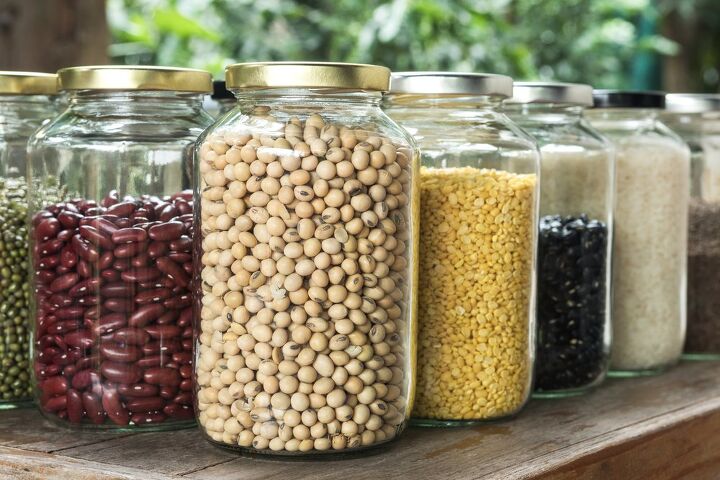






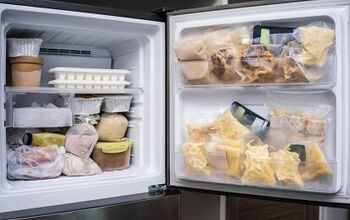
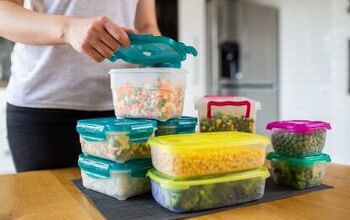
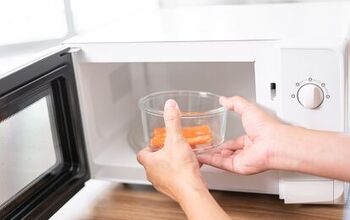
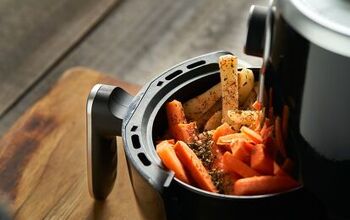
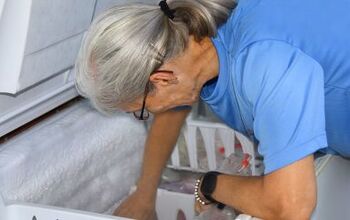

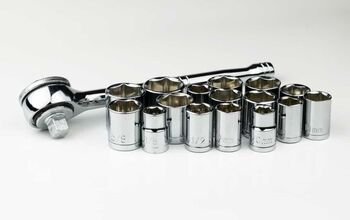
![How To Reset A Whirlpool Cabrio Washer [In 5 Easy Steps!]](https://cdn-fastly.upgradedhome.com/media/2023/07/31/9076531/how-to-reset-a-whirlpool-cabrio-washer-in-5-easy-steps.jpg?size=350x220)



